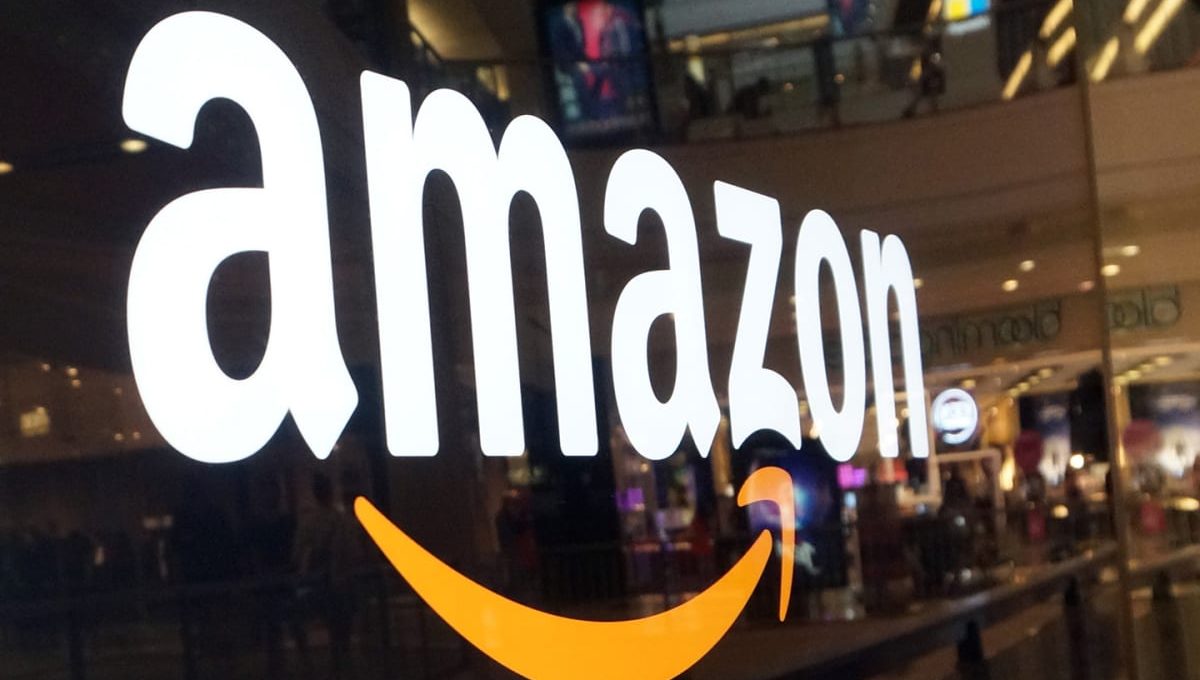In yet another sign that the e-commerce industry is going from strength to strength, online retail giant Amazon recently announced its acquisition of the Australian-based e-commerce platform Selz, a Shopify competitor that enables users to build e-commerce stores.
Like Shopify, Selz is aimed at small and medium-sized businesses, providing a platform for them to easily launch and manage online sales. But as those in the industry already know, it’s a model that has got the big hitters, such as Amazon, concerned.
Up until 2015, Amazon ran its own e-commerce enabler known as Webstore. But after taking it offline, the retailer has seen competitors such as Shopify and Selz rise up to fill in the gap. And now that the amount of people looking to make an income from home has risen exponentially, businesses that help small-scale vendors to establish their own online stores are big news.
At the moment, Amazon’s third-party marketplace accounts for a hefty 50 percent of all the company’s sales, with over 2.5 million independent sellers utilizing the platform. But with the e-commerce boom set to continue, the retailer has moved to provide even more tools for SME businesses via their acquisition of Selz.
So what does this mean for sellers using previously-independent tools to establish their e-commerce sites? Well, according to the people behind the scenes at Selz, nothing will change. Meanwhile, platforms such as Shopify still remain free from the tethers of big business, offering a simple and affordable way to get started in the world of online sales.







